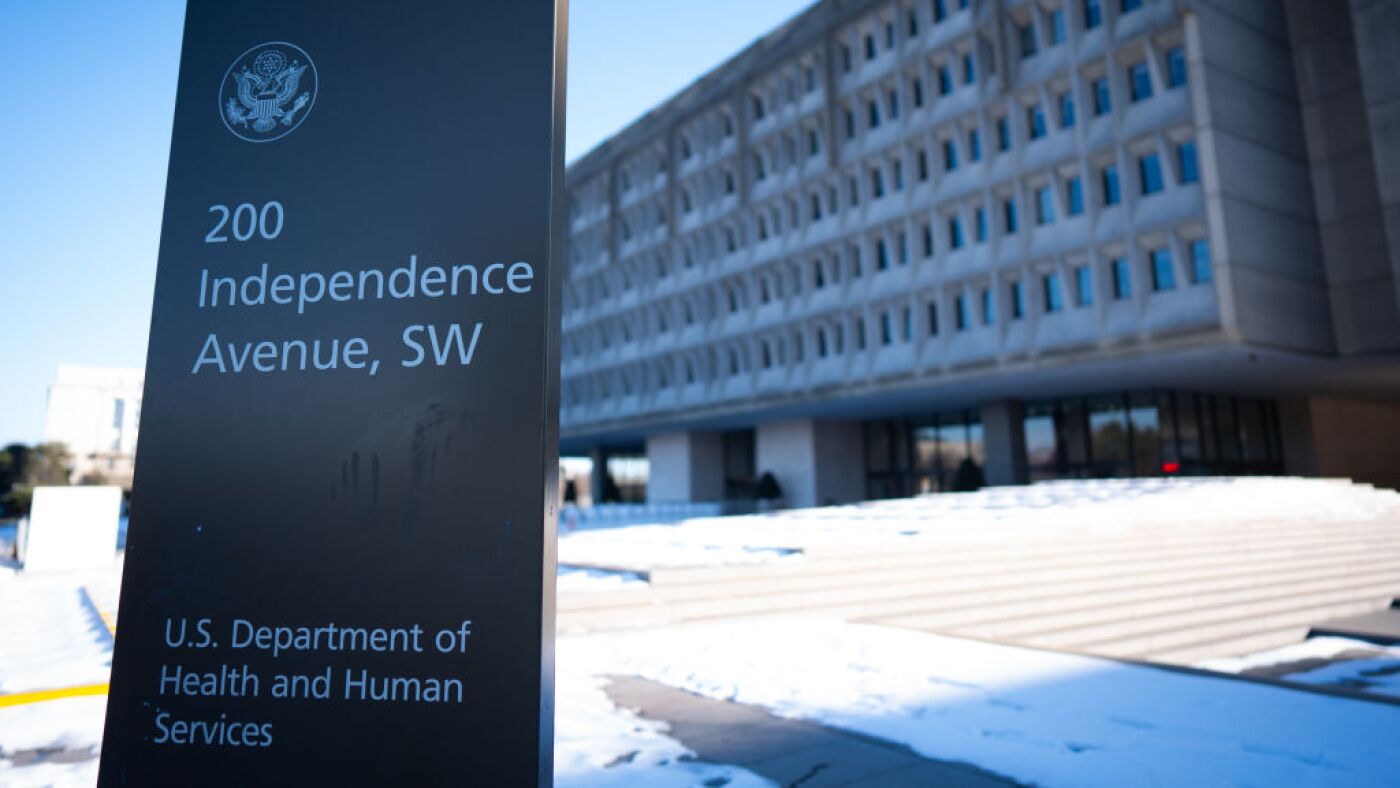Breaking: Government Health Agencies Silenced in Unprecedented Communication Blackout

In a surprising internal directive, the Department of Health has effectively silenced its staff communications. A confidential memo, exclusively obtained by NPR, reveals that Acting Health Secretary Dorothy Fink has imposed strict communication restrictions. Staff members are now prohibited from engaging in public discourse on most topics until February 1st, with a critical caveat: any public statement requires explicit approval from a high-level presidential appointee.
This unprecedented communication blackout raises questions about transparency and the free flow of information within the health department. The memo's sweeping restrictions suggest a tightly controlled messaging strategy that limits the ability of career professionals to share insights or updates directly with the public.
